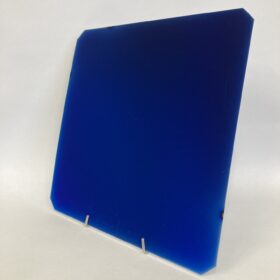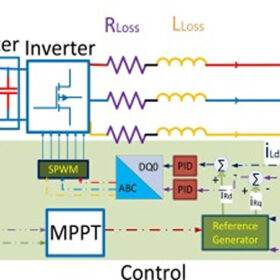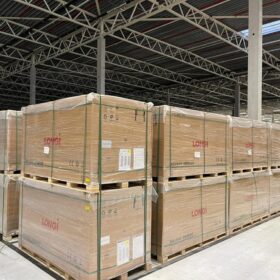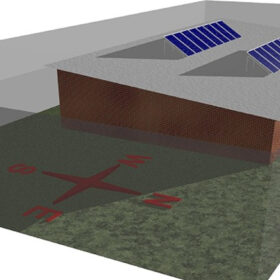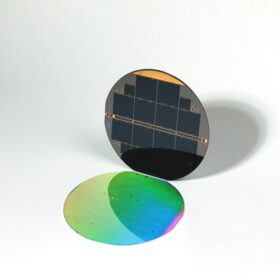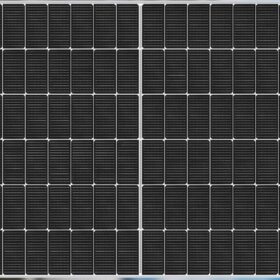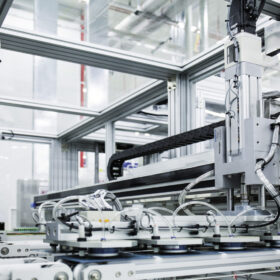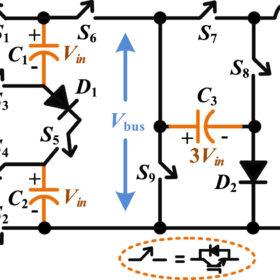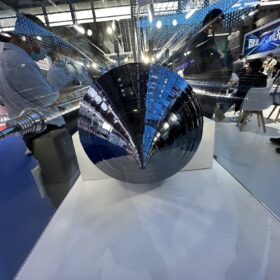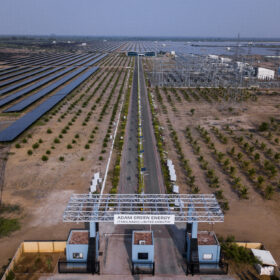ISC Konstanz claims 24% efficiency for tunnel back contact solar cell
ISC Konstanz researchers say their new n-type tunnel back contact (TBC) solar cell features polycrystalline silicon TOPCon contacts on both polarities. The results still need to be confirmed by an independent third party.
Master-slave technique for deploying parallel inverters in PV systems
Scientists in Czechia have proposed to use parallel inverters in PV systems to not only reduce instability, but also to increase power yield. The proposed approach reportedly results in higher maximum power point tracking (MPPT) performance.
P-type PERC solar modules now selling in Europe for €0.10/W to €0.115/W
Prices for p-type PERC solar panels could cross the €0.10 ($0.1093)/W threshold in the first quarter of 2024, says Leen van Bellen, business development manager Europe for Search4Solar, a Dutch purchasing platform for PV products. He told pv magazine that European stocks are expected to shrink, and that prices should recover in the middle of the second quarter of 2024.
Bifacial PV on rooftops can provide energy yield gains of up to 22.6%
Scientists in Australia have combined Monte Carlo Ray Trace (MCRT) techniques and electrical modeling to assess the potential energy gains of bifacial rooftop PV systems compared to monofacial arrays. They found that rooftop reflectivity is a key factor in increasing a bifacial PV system performance, and that system and module design should also be carefully considered.
All solar cell efficiencies at a glance – updated
The research group led by Professor Martin Green has published Version 63 of the solar cell efficiency tables. There are six new results reported in the new version.
Sharp unveils 575 W TOPCon solar panel with 22.26% efficiency
Sharp’s new IEC61215- and IEC61730-certified solar panels have an operating temperature coefficient of -0.30% per C and a bifaciality factor of over 80%.
Hanwha Qcells shuts down 3.5 GW solar factory in South Korea
Hanwha Qcells has closed its 3.5 GW solar factory in South Korea as part of plans to optimize its PV module production capabilities amid a stagnant domestic solar market.
New multilevel PV inverter concept based on switched capacitors, single DC input
Scientists in India have developed a 500 W seven-level inverter prototype based on switched capacitors. The device is reportedly able to achieve a high efficiency despite switching, conduction, and capacitor voltage ripple losses.
Polysilicon prices could hit all-time low by year-end
Bernreuter Research says in a new report that it expects polysilicon prices to soon dip below the historical low of $6.75/kg, which was reached in June 2020. It says global polysilicon capacity could hit 2.75 million metric tons (MT) by the end of December, with just 200,000 MT of the total outside of China.
Japan’s 18th solar auction concludes with lowest bid of $0.053/kWh
Japan’s latest procurement exercise was open to PV projects above 250 kW in size. The lowest price came in at JPY 7.94 ($0.053)/kWh, with 105 MW of allocated capacity.

